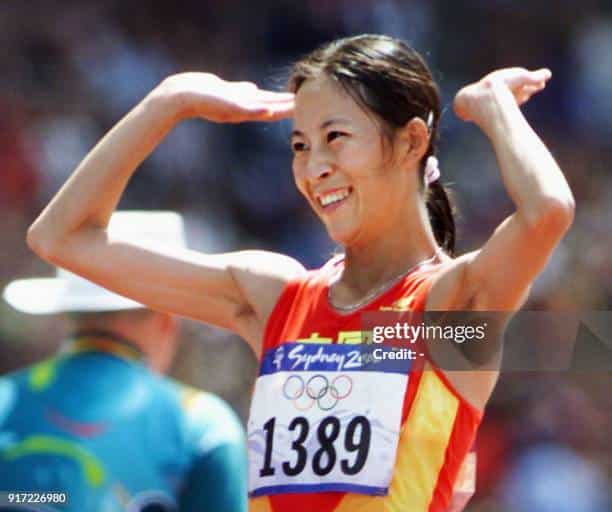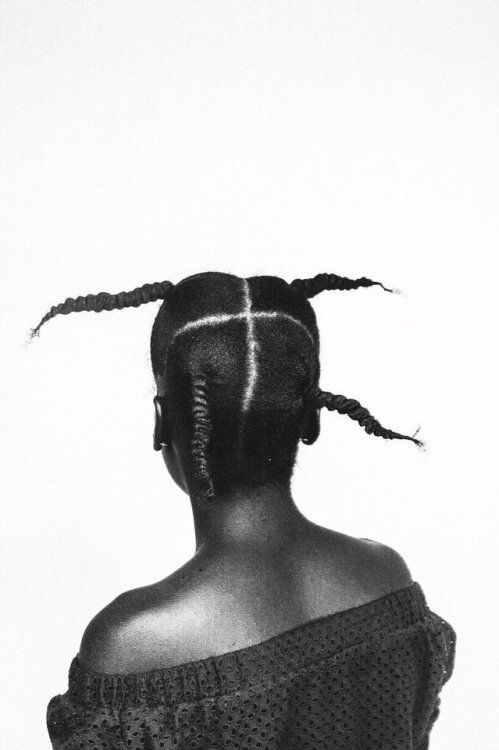In 1994, a young athlete named Wang Liping had a dream: to compete on the world stage and bring home glory for China. She had the talent, the drive, and the support of her family. But most importantly, she had the backing of a man whose reputation preceded him, Coach Wang Kui.
Coach Wang Kui was a legend in China, known for moulding some of the greatest athletes the country had ever produced. However, he was also feared. His nickname, “The Devil Coach,” was not given lightly. He believed in pushing his athletes to their absolute limits, and for many, that meant both glory and suffering. So, when he assured Wang Liping’s father that he could train her to become a world-class competitor, there was no reason to doubt him.
But dreams are not always linear. They twist, turn, and sometimes crash unexpectedly.
As the 1996 Atlanta Olympic Games approached, Wang trained harder than ever. She was on the brink of qualification, with just one month to go before the national trials. Everything seemed to be falling into place until it all came crashing down.
Coach Wang Kui pushed her too far, too fast. The relentless training took a toll on her body, and one tragic day, she sustained a debilitating knee injury. The damage was severe enough to force her out of the competition. Her Olympic dreams, once so close, were now slipping through her fingers.
She could have wallowed in despair, and honestly, no one would have blamed her. But instead, she chose to heal. She watched from the sidelines as her teammates competed in Atlanta, vowing that one day she would be the one out there.
But when she recovered enough to return to training, she was met with a devastating blow—her coach, the very man who promised to guide her to victory, had given up on her.
“You missed your window,” he told her. “You’re a lost cause.”
Can you imagine that? Having someone who once believed in you suddenly dismiss you as if your potential had expired? For Wang, it was a crushing moment. But what her coach failed to understand was that giving up was not in her nature.
Her father, outraged by the coach’s betrayal, refused to let this be the end of Wang’s story. He demanded that the coach honour his promise. And so, begrudgingly, Wang Kui agreed to train her once more but with none of the enthusiasm he once had.
That didn’t matter. Wang Liping didn’t need his belief. She had her own.
Years passed, and the Sydney 2000 Olympics arrived. Against all odds, Wang qualified for the games. But unlike her previous attempt, no one saw her as a serious contender. She was overshadowed by Liu Hongyu, China’s world champion race walker, and other favourites from Italy and Australia. Wang was, at best, an afterthought.
And yet, something was different about her this time. She wasn’t here for anyone’s validation. She was here for herself.
As the race began, the top contenders surged ahead, confident in their abilities. But race walking is a sport of precision. Every movement is scrutinised, and maintaining contact with the ground is crucial. Step by step, the favourites began to accumulate warnings for lifting off. One by one, they started to fall.
Liu Hongyu received her third violation and was disqualified. The Chinese team, now believing their chance of winning was gone, left the stadium. They abandoned Wang without a second thought, just as her coach had years ago.
But Wang was still in the race.
By the final kilometres, she thought she was in third place, set to take home a bronze medal. That alone would have been a victory. What she didn’t realise was that Italy’s Elisabetta Perrone had already been disqualified—she just hadn’t left the course yet.
And then, another twist. As Wang followed Australia’s Jane Saville into the Sydney stadium with just 200 meters to go, she saw something that made her heart stop—a race official holding up a red disqualification card.
But it wasn’t for her.
Jane Saville had been disqualified.
And just like that, Wang Liping was in first place. She rushed to the finish line, crossing into history. Against all expectations, she secured China’s only gold medal in track and field that year. But as she looked around, she realised something painful—there was no Chinese flag waiting for her. No team, no officials, no coach.
They had all left immediately after Liu Hongyu’s disqualification.
They left Wang behind.
But she had won anyway.
Wang’s story didn’t end with her Olympic victory. She went on to become a coach, dedicating her life to training and rehabilitating injured athletes. But unlike her former coach, she vowed never to give up on anyone. She knew what it was like to be dismissed or abandoned, and she made sure that no athlete under her care would ever feel that way.
And that’s why I wanted to share her story with you.
Because I know there are people out there who feel like Wang did—fighting for something, chasing a dream, and realising that the very people who should be supporting them are nowhere to be found. Maybe you have family members who don’t understand your goals. Maybe your mentors or colleagues have written you off. Maybe you’re doing something completely alone, with no one to cheer you on.
If that’s you, I want you to know you can still win.
People will leave. People will doubt you. Some will outright tell you that you’re not good enough. But your success isn’t dependent on their belief. It’s dependent on yours.
Wang didn’t need her coach’s faith. She didn’t need her country’s support. She kept going anyway. And when the moment of victory came, it was hers alone.

So to the underdogs, the ones pushing forward in silence, I see you. And I’m giving you your flowers today. Because just like Wang, you’re proving that the only thing that truly matters is your own determination.
And when you win (because I believe you will), I hope you look around and realise that even if no one is there to hand you a flag, the victory is still yours to celebrate.
Keep going.
Stay frosty!
Disclaimer:
This story is based on real-life events, and it is intended for informational and educational purposes only. It is based on publicly available information about Wang Liping. Any conversations or dialogue included are purely fictional and added solely for storytelling effect; they do not represent actual exchanges or verbatim quotes. Every effort has been made to present the content respectfully and accurately.
This story is shared as a source of inspiration for those who have ever felt overlooked or underestimated. The focus is on resilience, perseverance, and the power of believing in oneself, regardless of external support.
If you are Wang Liping or a representative and believe any part of this article requires correction or removal, please contact us directly through our contact page.





Came to learn more about Wang Lingpings, stayed for the unexpected inspiring message at the bottom.
Thank you very much.
Is she got any award from her country
I don’t know of any awards, but I read her contributions to sports are recognised in the country.